Why You Should Spend More Time Thinking About Christian Electronic Music
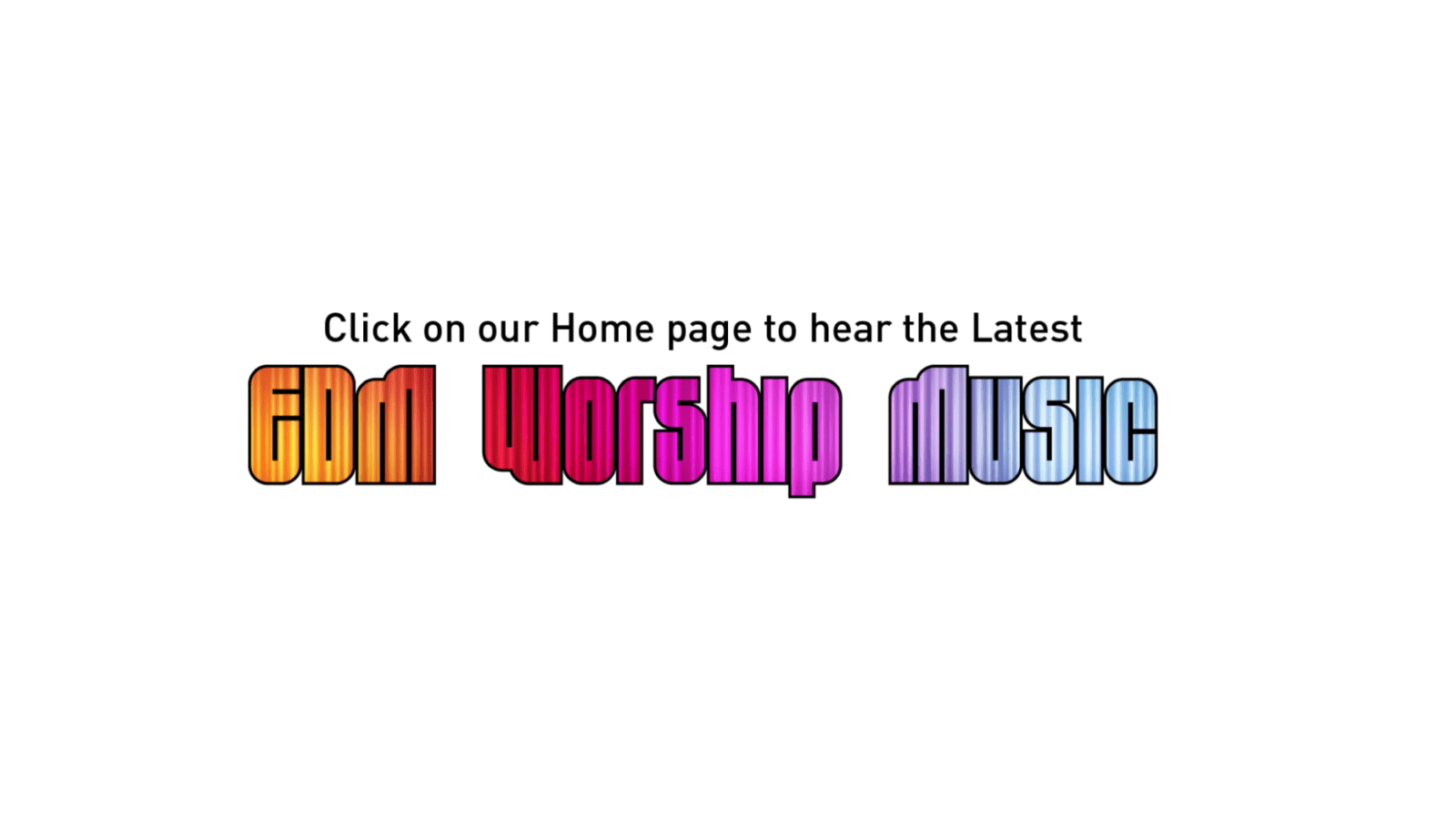
Why You Should Spend More Time Thinking About Christian Electronic Music
You might not have heard of Christian electronic music, or CEDM until you’ve been exposed to it. The genre was born of the electronic music boom, but there are some significant differences between it and mainstream Christian music. Though it may be relaxing and non-worshipful, it is certainly a genre to think about. Read on to learn why you should consider making some time to explore this exciting genre.
CEDM is a genre that evolved out of electronic music
CEDM is a sub-genre of electronic dance music (EDM). It originated in Germany and became very popular during the 90s when DJs began playing these types of songs. These tracks are produced for dance clubs, but many tracks have crossed over to the pop world. Here are some of the main influences of this genre. In this article, we’ll explore some of them. Let’s start with Kraftwerk.
The invention of EDM is much older than most people realize. Its earliest incarnations were influenced by Wendy Carlos, who used a Moog synthesizer to play baroque music. Other early pioneers of this genre included Kraftwerk and Giorgio Moroder. Then came the rave scene, which influenced the development of CEDM. While EDM is still a popular genre today, the future of CEDM is not so bright.
Synth music was developed alongside electronic music during the post-disco era. The development of new synthesizers paved the way for a new genre of electronic music. In the late ’80s, new EDM sub-genres began to emerge in Chicago clubs. In addition to synthesizers, drum machines and other electronic instruments began to gain popularity. Later, the introduction of MIDIt revolutionized how electronic instruments communicated with each other, making the music accessible and easy to understand.
Techno, house, and trance merged to create one main genre, which is known as EDM. Both evolved from each other, but the house is considered the most popular among the subgenres of EDM. It is characterized by its four-on-the-floor beat, and emphasizes off-beat percussion and synthesized bass line. It is a euphoric genre, with dramatic build-ups, gorgeous vocals, and euphoric drops.
CEDM is a sub-genre of electronic music, with a large variety of genres. It encompasses several sub-genres, including techno, house, disco, drum and bass, and techno. CEDM also includes techno, trap music, hardstyle, and drum and bass. Whether or not it’s electronic music, you’ll find it in a club near you!
Another sub-genre of CEDM is Electro-Soul. Electro-soul is an electronic music genre that incorporates hip-hop, jazz, disco, and electronic bass. Several artists have emerged in the genre, including GRiZ, Daily Bread, and Late Night Radio. One artist whose remix of SAINT JHN’s hit “Roses” skyrocketed the charts. Another popular sub-genre is slap house.
It is a great way to relax
You’ll find that Christian electronic music is the perfect way to unwind after a long day. Listening to the soothing lyrics of Christian songs will help you feel relaxed and refreshed. You can listen to music in any genre, but Christian songs are particularly soothing. These songs are often composed by Christian musicians and are often produced using electronic mixing applications. For example, Allen Walker’s track ‘faded’ was created in his bedroom while he was bored. This track is still a mainstay in many people’s playlists today.
It isn’t worshipful
In Tom Long’s book, Beyond the Worship Wars, he prescribes excellence across the spectrum of musical styles. Yet in his day, worship planners still talk about the relative merits of two popular musical styles, such as the densely theological hymns or the vapid pop-rock songs. In other words, the church has adopted a secular style without giving it the same reverence it deserves.
The best Christian electronic music has lyrics that speak to the human spirit and is sometimes written by non-Christians. One example is the rock band Creed, whose lead singer has publicly stated his faith. Another example of a non-Christian band is Mumford & Sons, who have openly embraced Christianity. Whatever the case may be, the band’s music is wildly popular and has spawned a sub-genre that isn’t worshipful.
If you’re looking for praise-laden songs, try ‘Liberated’ by ‘Crew’. The album features ten tracks of praise set to slick instrumentation. The lyrics are simple, but the music is uplifting. Many of these artists come from Church bands and are taught to refine their talent. If you’re interested in learning more about the genre, try ‘Liberated’.
Contemporary Christian electronic music is becoming more popular, and its artists are gaining worldwide recognition. The genre has become popular, with artists such as Capital Kings, Matthew Parker, and Bryce Price becoming household names among believers. The genre’s popularity has caused many artists to enter the Christian electronic music scene. Despite its ambiguity and controversy, some critics argue that this genre is worshipful. While this may be true for some, the Christian electronic music genre continues to grow and thrive.
Digital Age is another example of a Christian electronic band with a distinctly worshipful style. The songs are based on Jesus, and the lyrics are Christ-centered. Much of mainstream Christian music features the same sappy poetry as secular music, and if you’re looking for more diverse Christian music, try ‘The Good Christian Music Blog’. You’ll be pleasantly surprised at the diversity and variety of music out there.
Despite what some critics might say, some Christian electronic music is worshipful and praiseworthy. Its lyrics and rhythm are both highly appropriate for worship. Indie-worship bands like Loud Harp are a great example of this. The band’s music is atmospheric, filled with longing, passion, and sometimes even melancholic overtones. The title of their sophomore album, My Lighthouse, is a reference to King David’s chief musician, Asaph. Psalms are written by such people, and as such, Christian electronic music is rooted in biblical imagery.
While many people consider Christian electronic music to be not worshipful, this trend is gaining ground in the Christian music industry. While sales of Christian music are far ahead of their secular counterparts, it still has some issues. The industry is undergoing the same pressures as the secular industry, and Christian labels are being bought by major secular labels. While many of these labels are struggling, the result has been that their products no longer have a place in the mainstream.

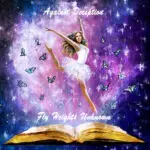
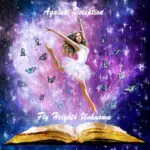

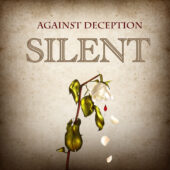
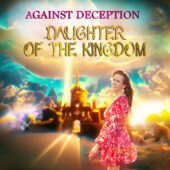
Comments
This post currently has no comments.